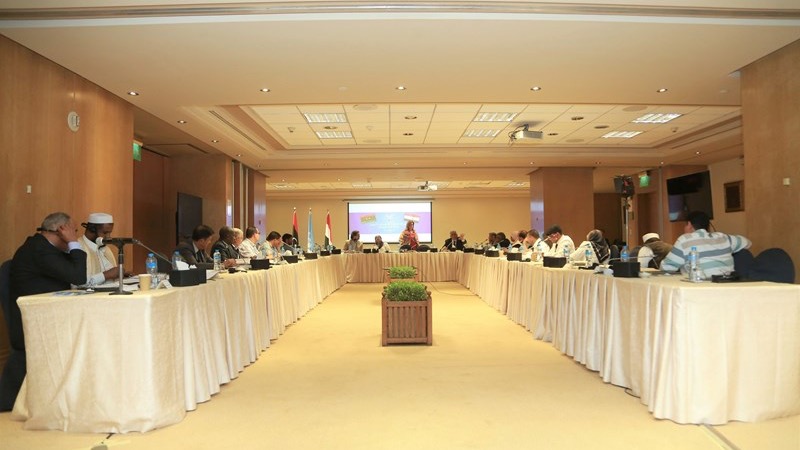The United Nations Special Advisor on Libya said on Monday, June 20, that the Libyan parties participating in the recent round of talks in Egyptian capital Cairo have failed to reach a consensus over a legal process to hold national elections in the war-torn country. The failed talks have led to fresh apprehensions about the future of the peace process in Libya.
The third round of talks between the representatives of the Tripoli-based High Council of State (HCS) and the Tobruk-based Libyan parliament were held between June 12 to 20. The first two rounds of talks were held in Cairo last month. The talks to resolve the differences over the overall election process and the governing criteria for candidature in the presidential elections are being hosted by the UN.
The statement issued by Williams after the conclusion of the talks confirmed that both sides have made some progress on some of the contentious issues in the country’s draft constitution but “differences persist on the measures governing the transitional period leading to elections.”
Williams also mentioned that she has urged the leaders of both the institutions to meet again within 10 days to resolve the remaining issues.
According to an Al-Jazeera report, the HCS has been insisting on a ban on candidates with a military background, given its opposition to the candidature of military commander Khalifa Haftar. The Libyan parliament led by Speaker Aguila Saleh is allegedly opposed to the move.
Delay in elections causes fear of renewed armed conflict
The differences between the Libyan parliament and the HSC have intensified since the delay in the national elections that were scheduled to take place in December last year.
Millions of Libyans had registered to vote but the elections were postponed following disagreements over the candidature rules and the lack of consensus on the electoral law passed by the Libyan parliament. Since then, the UN-led peace process in the country has been derailed.
The Libyan parliament has blamed Prime Minister Abdul Hamid Dbeibeh for the failure to hold elections and asked for his resignation, claiming that his mandate is over. The parliament also accuses Dbeibah of using state power to boost his own electoral prospects after he announced his own candidacy for the presidency.
At the time of his appointment as prime minister in March 2021 following an agreement under the UN-led Libyan Political Dialogue Forum (LPDF), Dbeibah had pleaded that he would not contest the national elections.
In February this year, the Libyan parliament appointed Fathi Bashagha as the new prime minister, claiming that Dbeibah’s mandate was over once his government failed to hold the elections on time. The parliament had also raised the issue of misuse of government authority by Dbeibah to boost his popularity after he filed for the presidency.
Following news of the failure of the talks in Cairo, Bashagha demanded the replacement of the UN team led by Williams, saying that “it has become weak” and does not “know the reality of the crisis.”
The refusal of Dbeibah to resign has led to Libya having two governments, as well as fears of resumption of war in the country. Libya has faced almost a decade of war following the toppling of long-term ruler Muammar Gadhaffi after a NATO-led invasion of the country in 2011. A ceasefire agreement was reached only in November 2020 after UN intervention, which had boosted the prospects of peace in the country.





